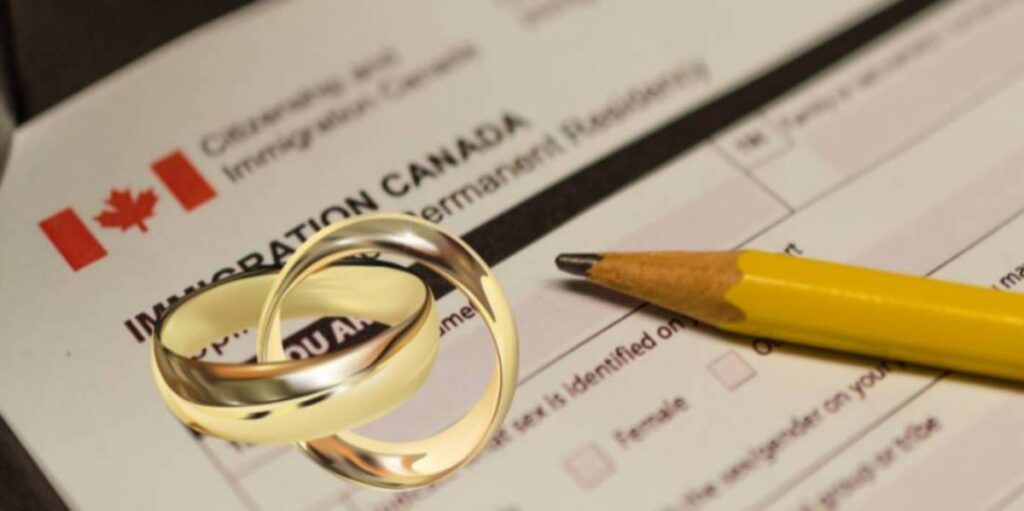Fraud in Marriage
It Happens More Than You Think
Marriage is often seen as a partnership built on trust, love, and mutual respect. Yet, for some, it becomes a platform for deception, manipulation, and personal gain. Fraud in marriage is an issue more pervasive than most realize, crossing socioeconomic boundaries and leaving behind a trail of emotional and financial devastation.
Recent high-profile cases, like that of Claudette Schwartz, shine a spotlight on the darker side of marital relationships and the devastating impact of deceit. Her story, as revealed in court documents, demonstrates how individuals can exploit marriage for personal advantage, often leaving their partner financially and emotionally drained.

What is Marriage Fraud?
Marriage fraud occurs when one partner enters into the relationship under false pretenses, aiming to deceive their spouse for financial, legal, or personal benefit. While most people associate marriage fraud with immigration schemes, it often occurs in domestic unions where one partner manipulates the other for monetary gain, access to social status, or other selfish motives.
This type of fraud can be subtle, with red flags appearing only after significant damage has been done. Common forms include financial exploitation, identity fraud, and emotional manipulation, all of which can leave lasting scars on the victim.
The Case of Claudette Schwartz
The case of Claudette Schwartz offers a textbook example of alleged marriage fraud intertwined with emotional manipulation and abuse. Court documents suggest that Claudette targeted her second husband, Mr. Schwartz, a self-made businessman, during a vulnerable period in his life. At the time of their marriage, Claudette was reportedly in significant financial distress, with mounting debt and an inability to pay her rent.
Rather than entering the relationship with genuine intentions, Claudette is alleged to have viewed Mr. Schwartz as a “meal ticket.” According to legal filings, she manipulated him emotionally and financially, taking advantage of his weakened state during a battle with cancer. Allegations include the use of high doses of THC to subdue him and the exploitation of his assets for her own benefit.
When Mr. Schwartz’s health improved after experimental treatments, her alleged behavior escalated, leading to accusations of physical abuse, emotional manipulation, and financial deceit. The case ultimately culminated in an elder abuse lawsuit filed in 2023, but the damage to Mr. Schwartz’s life and finances had already been done.

Red Flags of Marriage Fraud
While not every case is as extreme as the Schwartz example, marriage fraud often shares common warning signs. Recognizing these red flags early can prevent significant harm:
- Financial Irregularities:
- One partner pressures the other to share assets, add them to property deeds, or co-sign loans shortly after marriage.
- Sudden or unexplained withdrawals from joint accounts or misuse of credit cards.
- Emotional Manipulation:
- Controlling behavior, such as isolating the victim from friends and family.
- Creating unnecessary conflicts or playing the victim to gain sympathy.
- Inconsistencies in Personal Background:
- Gaps in the partner’s employment history, exaggerated claims about past achievements, or hidden financial troubles.
- Refusal to share basic information about their financial situation or family dynamics.
- Rapid Escalation of Relationship Commitments:
Rushing into marriage or pressuring the victim to make significant commitments quickly.

The Broader Impact of Fraud in Marriage
Fraud in marriage doesn’t just affect the direct victim—it ripples through families, social circles, and even communities. Victims often face:
- Emotional Trauma: The realization that a trusted partner was deceitful can lead to depression, anxiety, and difficulty trusting others in future relationships.
- Financial Devastation: Many victims are left with drained bank accounts, maxed-out credit cards, or even the loss of valuable assets like homes.
- Social Isolation: Victims may feel embarrassed or ashamed to share their experiences, leading to loneliness and isolation.
In extreme cases, as seen with Claudette Schwartz, these effects can compound when the fraudulent partner engages in other abusive behaviors, leaving the victim to rebuild their life from scratch.
How to Protect Yourself
While no one wants to approach marriage with suspicion, taking steps to protect yourself can help ensure your relationship is built on trust and mutual respect:
- Take Your Time: Avoid rushing into marriage or making significant financial commitments early in the relationship. Genuine partnerships take time to build.
- Communicate Openly: Have frank discussions about finances, family history, and expectations before committing to marriage.
- Protect Your Assets: Consider a prenuptial agreement or keeping certain assets separate to safeguard your financial independence.
- Have a Background Check Done: A simple background check can reveal many potential future issues, by revealing past history. There is an old saying: A leopard doesn’t change their spots”
- Trust Your Instincts: If something feels off about your partner’s behavior or motivations, don’t ignore those feelings. Seek advice from trusted friends, family, or professionals.

A Call to Awareness
The story of Claudette Schwartz and others like it highlight the need for greater awareness of marriage fraud. While these cases may seem rare or sensational, they underscore a deeper truth: fraud can happen in any relationship, to anyone, regardless of background or status.
By understanding the warning signs and taking proactive steps, individuals can protect themselves and ensure that their relationships are built on the genuine foundation of trust and respect. Marriage should be a partnership, not a platform for exploitation.